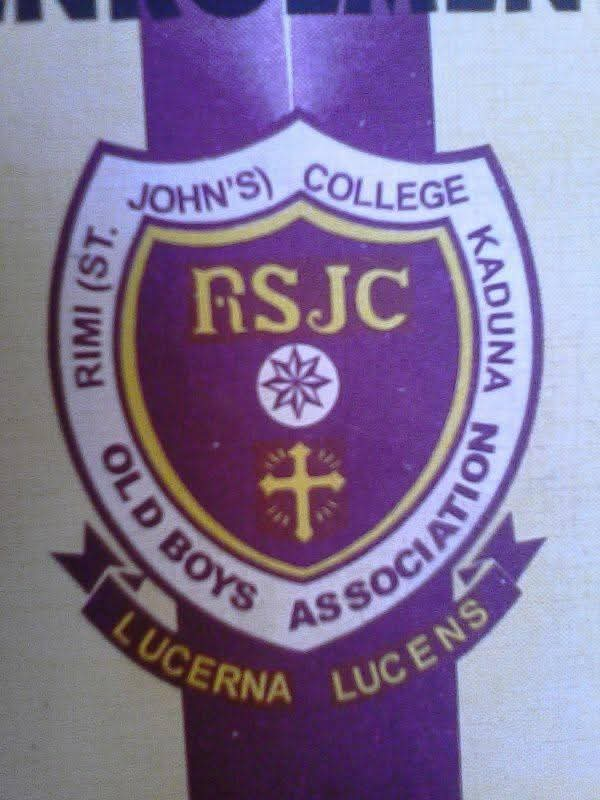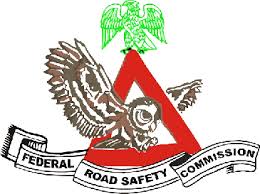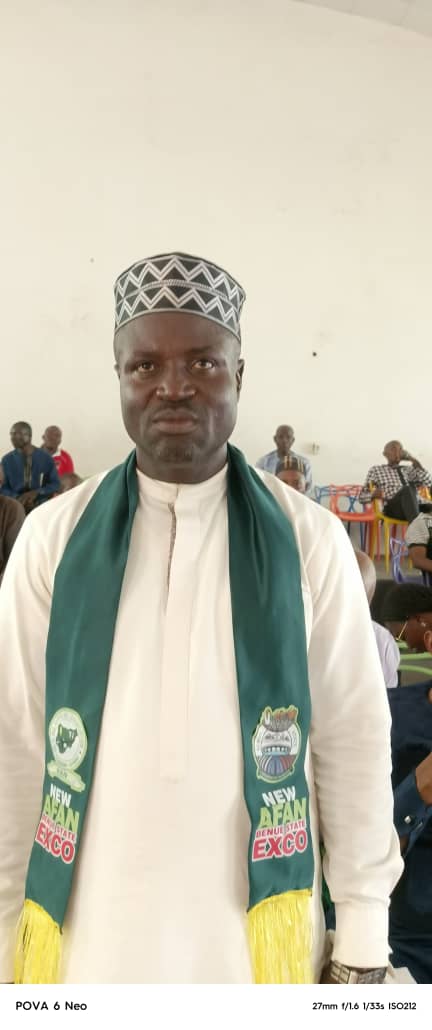By Peter Amine
An NGO, the CLEEN Foundation, in collaboration with civil society organisations, has established an independent civil society-led monitoring committee to enhance the implementation of the Administration of Criminal Justice Law (ACJL) in Benue.
CLEEN acting Executive Director, Mr Peter Maduoma, said at a capacity building workshop and formal establishment of an independent ACJL state-level monitoring committee on Thursday in Makurdi.
He said that the committee would work with the one created by the state government.
Maduoma, who was represented by Dr Gabriel Akinremi, CLEEN Benue Team Lead, said that the essence of the independent committee was to ensure that the state ACJL Monitoring Committee (ACJLMC) and other criminal justice institutions function effectively.
The acting executive director stated that the Administration of Criminal Justice Act (ACJA) introduced several key innovations, but many of them have yet to be implemented.
“According to the ACJLMC guidelines, there should be a creation of the monitoring committee, which the government is expected to facilitate.
“This has been done in Benue, but as we know, the process of creation can be political, and such committees often lack funding.
“We are aware that some of these important innovations remain unimplemented. The whole purpose of having a monitoring committee is to ensure that these innovations are properly followed through.
“Involving civil society is therefore essential, and even within the ACJLMC framework, there are provisions for civil society participation.
“This can only be effective if we have an independent body—a system that ensures sustainability for the ACJLMC,” he explained.
He said that the independent monitoring committee was composed of key civil society organisations such as the Legal Aid Council and the National Human Rights Commission.
According to him, the organisations already have defined roles within the ACJLMC framework, and by working together, we can strengthen implementation and oversight.
He added that by collaborating with civil society, the ACJLMC can benefit from additional experience and human resources, which it currently lacks.
“While the ACJLMC has technical expertise to some extent, it still needs broader engagement with all criminal justice actors to ensure that provisions are properly interpreted and implemented.
“For example, one provision requires that the number of inmates in custody be regularly reported by relevant justice institutions.
“The National Human Rights Commission, as a civil society actor, can request and review such data to ensure compliance.
“When civil society organisations engage in this way, requesting information about inmates, magistrates, and other justice actors, they are not only assisting but also reminding the criminal justice institutions of their legal obligations.
“That is essentially what the ACJLMC is designed to do: to work hand-in-hand with the government as a watchdog while ensuring the smooth administration of criminal justice within the state,” he said.
Maduoma said that the project, which was inaugurated on August 26, is funded by the Norwegian Ministry of Foreign Affairs, represented by the Norwegian Embassy in Nigeria.
He lauded Norwegian Ambassador Svein Baera and his team for the confidence reposed in the CLEEN Foundation.
Prof. Yangien Ornguga, Benue Attorney General and Commissioner for Justice and Public Order, said the Ministry of Justice would not only act as a watchdog but would also ensure that all cases and trials were conducted in line with the provisions of the ACJL.
Ornguga, who was represented by Mrs Awashima Addingi, Director of Planning, Research, and Statistics, said the responsibility was to make sure that justice is administered efficiently, fairly, and in accordance with the law.
Mr Desmond Jenge, Head of Human Rights Education and Promotion in Benue, said that the independent committee would no doubt complement ACJMC to ensure that the rights of all individuals are protected.
“This committee is expected to play a vital role in addressing human rights issues in the courts, detention facilities, the police, EFCC, DSS, and correctional centres.
“It will empower communities at the state level to visit these detention facilities and ensure that the rights of persons in custody are respected and upheld.
“I must sincerely commend CLEEN for their commitment to ensuring that this committee exists,” he said.
State Coordinator of the Legal Aid Council of Nigeria, Mr Malami Jijingi, pledged the support of the council for ACJL.
Jijingi, who was represented by Ms Jessica Gondo, said that initiative would help the less privileged, especially those without a voice. NAN





